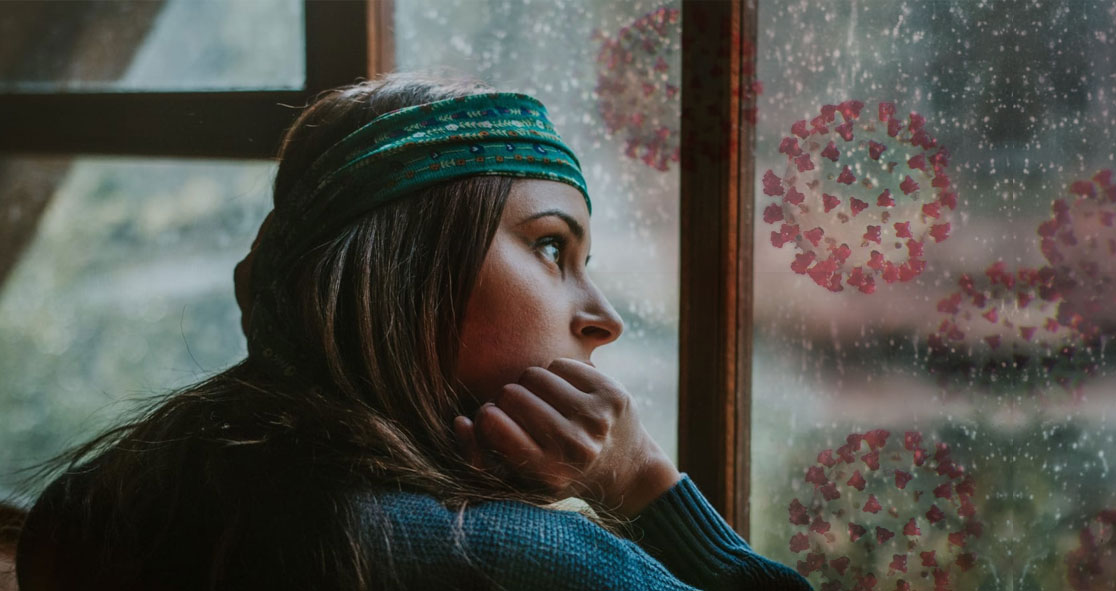Psychologists in Canada have been expressing concerns over a rising number of mental health cases amid the ongoing COVID-19 pandemic and tightened restrictions for months during winter.
They are expecting to see a growing number of people with mental health issues as winter approaches, prompting one expert to call the season a “long, dark winter.”
Steve Joordens, Professor of Psychology at the University of Toronto, said one of the dominant mental health issues of the pandemic so far is anxiety. He said many people are worried about their health and job security amid the ongoing crisis.
He explained life could become dangerous if coronavirus anxiety turns into coronavirus depression over the winter.
Prof. Joordens said, “When we saw that everything we were doing was having an effect and the numbers were dropping, that empowered us. It made us feel like we’re beating this thing.”
“And that is great until the numbers start to go up and we start hearing that more restrictions are going to be in place and … we might start to feel like everything we did didn’t matter,” he added. “It came back anyway.”
He said anxiety can often be self-managed, but depression is a “far, far more dangerous state of mind.”
“It requires a much quicker step towards getting somebody that really knows what they’re doing to help,” Joordens explained. “So if we’re heading into winter with less sunshine, less ability to get social interaction, less opportunity for aerobic activity, less job security for some … I worry we might see depression rates increase.”
“It does feel like we’re heading into a long, dark winter,” he added.
Edmonton-based psychologist Noreen Sibanda said, “Restrictions on social gatherings can negatively impact peoples’ mental health by taking away support systems and interactions they may not have even realized they needed.”
She recommended keeping the routine of communication going with family and friends, but in a modified way this winter.
“Being alone doesn’t have to mean being in isolation,” Sibanda said. “We’re going to be finding more creative ways of [interacting] again — having game night over Zoom, having a movie night where you’re both watching the same movie separately.”
“So it’s [about] being cautious, but still continuing to do the same activities that we normally use to ground us,” she added.
If the lockdown restrictions prevent people from gathering this Christmas, people will be vulnerable to loneliness and isolation.
Sibanda said, “It’s not that the neighbors get to have a Christmas party and you don’t. I think we’re going to have a better prognosis if we realize that we’re not going through this by ourselves. Everyone is going through this transition, we’re all trying different ways to stay connected.”
Prof. Joordens said it is important to take care of our mental health. He said that ability to recognize psychological issues in ourselves and others is “going to be critical.”
The signs of depression include very low levels of energy, while the signs of anxiety include increased heart rate, breathing, and sweating, as it “basically makes our muscles ready to fight or flee.” “But we don’t know how to fight, and we can’t flee,” Prof. Joordens added, “so we’re left with this feeling that’s becoming chronic, it’s engaged all the time.”























